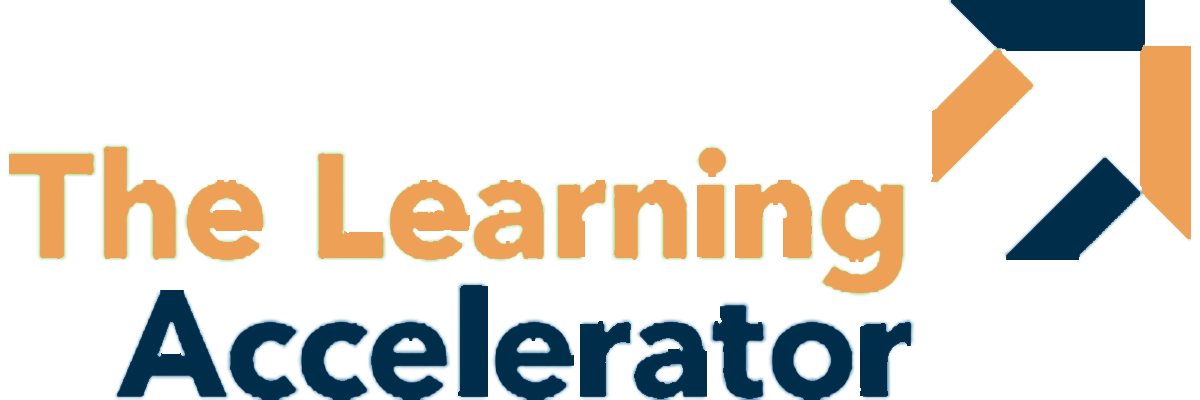psy·cho·me·tri·cian \-mə-ˈtri-shən\
“I measure psychological constructs.” Okay… “I measure things about people that are latent” [Insert hand motions]. Okay…”I work on standardized tests…in education.” Describing what I do for a living to family and friends can be challenging. The blank stares and gentle nods sometimes reduces my spiel to, “I measure stuff.” That really doesn’t capture the importance of the work people like me engage in every day. So, give me a few minutes to explain.
Let’s start with an example that we all can wrap our heads around: a doctor’s visit. When you pay a visit to your doctor’s office, your vital signs are usually the first to be measured: weight, height, blood pressure, and temperature. Now, consider the instruments used to take your vitals – a scale for weight and a thermometer for temperature, for example. Each instrument had to be designed specifically for its corresponding vital sign. Ever tried weighing yourself with a blood pressure cuff? Probably not. Your body’s response to these instruments gives the physician a picture of your general health. The exam isn’t limited to what can be measured with a physical instrument, though. Your doctor may ask questions to explore factors that influence the quality of your health. He may also prompt you to do something like bend or take deep breaths. Your responses to these questions and prompts, along with his professional judgment, give your doctor a more complete picture of the condition of your body. They point to what you are doing well and what you need to change to optimize your body’s function. Finally, there’s the consultation at the end of the examination. This is when the doctor summarizes his conclusions based on his analysis and interpretation of the information he gathered during the exam. He writes a prescription, if needed, takes your money and sends you on your way. Over the course of the exam, your doctor used various methods to elicit different, yet related, kinds of information about the current state of your physical health. So far so good?
There are psychological or cognitive constructs that warrant measurement, too. Achievement motivation, self-esteem, math ability, teaching effectiveness, and critical thinking skills are just a few examples of a vast array of psychological and knowledge-based constructs that we carry around in these minds of ours. To gain a picture of psychological and cognitive outcomes, stakeholders need instruments to accurately measure what test-takers know, are able to do, as well as the traits and attitudes they possess. The more accurate the picture, the more targeted the interventions and decisions made based on data gathered. So, where do we get these instruments? Here’s where people with my training can be of assistance. In partnership with subject matter experts (SMEs) and item developers,
- Psychometricians design and implement standardized procedures for selected-response and performance-based testing.
- Psychometricians examine test score data, statistically, to ensure a given test measures what the developers intended it to measure. For example, a math test that unintentionally measures reading competence really isn’t useful for understanding how much math ability students possess.
- Psychometricians also guide stakeholders toward appropriate interpretations of test score data.
All in all, how tests are designed and implemented and how test data are analyzed, reported, interpreted, and used to support claims about test takers are all concerns for psychometricians like me.
Imagine if your physician or physician assistant used imprecise or just plain wrong instruments to measure your body’s vital signs. That would surely open the door to misdiagnoses or ineffective treatments. After a while, you would likely lose trust in your physician. The same is true for standardized testing. As a member of the African American community, I’m well aware of the anxieties, fears, and perceptions about standardized testing that persist in my community. The psychometric field has come a long way to build confidence among all populations of test-takers through industry-wide standards that are focused on fair, valid, and reliable testing practices. My commitment to this field is to uphold those standards and provide stakeholders with high-quality data to inform and support educational practices and outcomes.
So, that’s basically what I do! If you’re interested in learning more about psychometrics, here is a great article. You can also contact me here.















